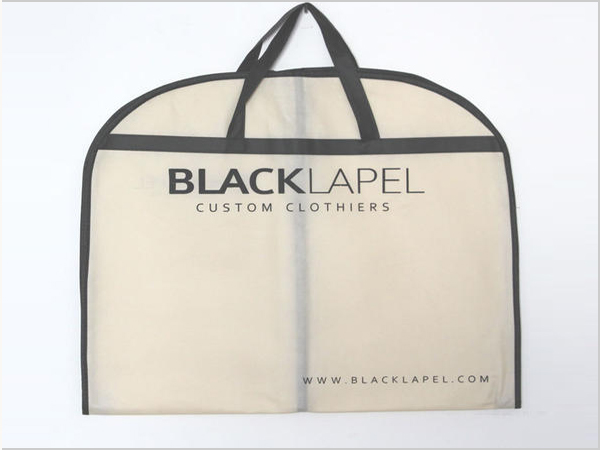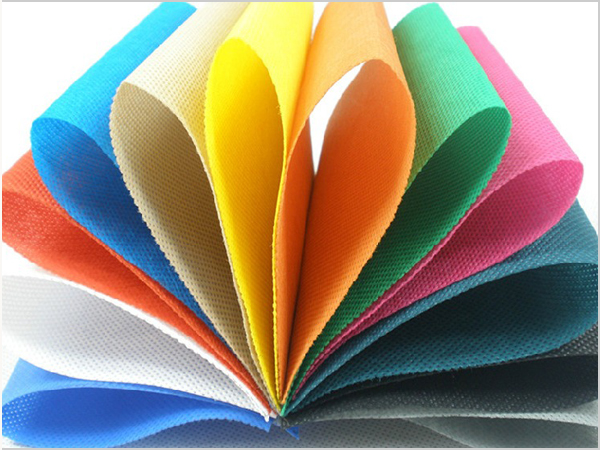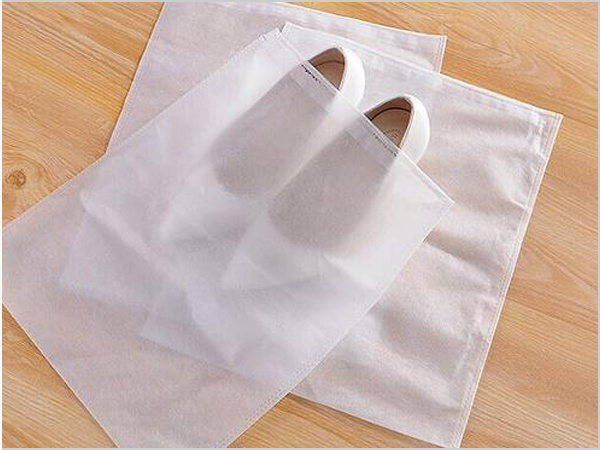- Why can spunbond nonwoven fabric dominate the market?
- Foreign trade exports are moving forward under pressure, with both resilience and challenges coexisting
- Explore the environmental protection characteristics and application fields of PP non-woven fabric
- The rise of the Latin American market is expected to become a new growth pole for China's textile foreign trade
- The production process of spunbond nonwoven fabric determines its unique characteristics!

- Telephone: 0551- 66779966
- Cellphone: 18955130444
- Email: 58792982@qq.com
- Address: Building 1-2, East of Wubu Village Section, Hehuai Road, Wushan Town, Changfeng County, Hefei City, Anhui Province
China was the first country to be hit by the new crown pneumonia epidemic, and also the first country to lift some of the blockade and restart development. "In response to the actual pressure after the restart, Chinese textile and apparel companies are actively innovating and practicing." Sun Ruizhe, vice chairman of the International Textile Federation and chairman of the China Textile Federation, said that with the resumption of work and production, Chinese textile and apparel companies have completed orders on hand in an orderly manner. Production and delivery, and gradually arrange new production tasks. Facing the challenge of insufficient demand, companies strive to tap market opportunities and obtain new orders. Chinese textile companies have generally strengthened the construction of online channels, in order to make up for the shortcomings of offline channels through model innovations such as live broadcast and cloud exhibitions. Many companies have explored the field of health protection products, developed new types of fiber materials and products with antibacterial and health care functions, and switched to anti-epidemic products such as masks and protective clothing, and achieved good returns. Many foreign trade companies actively promote the transfer of export products to domestic sales. At the same time, companies strengthen internal control, optimize internal management processes and resource allocation, strengthen inventory management, capital chain management, improve operational quality and efficiency, and make good use of the government's burden reduction and relief policies to reduce costs. Among them, some companies with core competitive advantages grasped the recovery period after the epidemic prevention and control situation improved, and even found new market space in the epidemic, and their business development was ahead of the macroeconomic situation and began to improve.
According to the International Textile Federation's survey on the impact of the new crown pneumonia epidemic, the global textile companies interviewed expect that their turnover in 2020 will be about 30% lower than that in 2019. Although global value chain cooperation is under tremendous pressure in the epidemic, the basic structure and practical basis of the world's textile and apparel industry chain and supply chain cooperation have not changed. In the face of a common crisis, most countries are more willing to strengthen industrial cooperation, and the promotion of trade globalization and liberalization has become a common voice. Sun Ruizhe believes that new cooperative relations in the global textile and apparel industry will continue to be established, and the industrial chain and supply chain cooperation will become closer.
This crisis has promoted the development of social responsibility in the industry to a new level. Sun Ruizhe reminded that as a supply department of important livelihood products and anti-epidemic materials, the characteristics of good value and responsible development of the textile and apparel industry have been strengthened in the epidemic. Corporate social responsibility will be accelerated into the industry's production system and innovation system, and will be deeply integrated in the entire life cycle of the industrial chain, value chain, and product services.
The outbreak of the epidemic has increased social distance and formed market isolation. Realistic pressure is forcing global textile and apparel companies to accelerate online and offline integration, and promote the digital transformation of resource organization and market connection. In terms of technological innovation, in the medium term, if companies want to hedge the impact of the epidemic and create market demand, they need to use technological innovation to strengthen product innovation and production innovation, and form a "high-efficiency, high-quality, high-responsibility, and low-cost" supply; from a long-term perspective In order to ensure industrial safety and independent control, the industry’s basic research and original innovation, especially the innovation in strategic industry-related fields such as fiber materials and textile intelligent equipment technology, will receive more attention.
In terms of maintaining the stability and security of the global industrial chain and supply chain, Sun Ruizhe suggested that the International Textile Federation should unite its global members, gather global think tank experts and industry leaders, and focus on geopolitics, epidemics, climate change and social responsibility, and digital economy. Global issues that bring profound impact and changes to the industry have given the world a strong voice in the textile industry, leading global industry companies to work together to meet challenges.
- Why can spunbond nonwoven fabric dominate the market?
- Foreign trade exports are moving forward under pressure, with both resilience and challeng
- Explore the environmental protection characteristics and application fields of PP non-wove
- The rise of the Latin American market is expected to become a new growth pole for China's
- The production process of spunbond nonwoven fabric determines its unique characteristics!
- The global trade landscape is undergoing significant changes in 2025
- The 11th China International Silk Conference was held in Shengze
- What are the core advantages of spunbond nonwoven fabric?
- What are the magical aspects of the manufacturing process of spunbond nonwoven fabric?
- The textile industry is enjoying dual policy benefits



